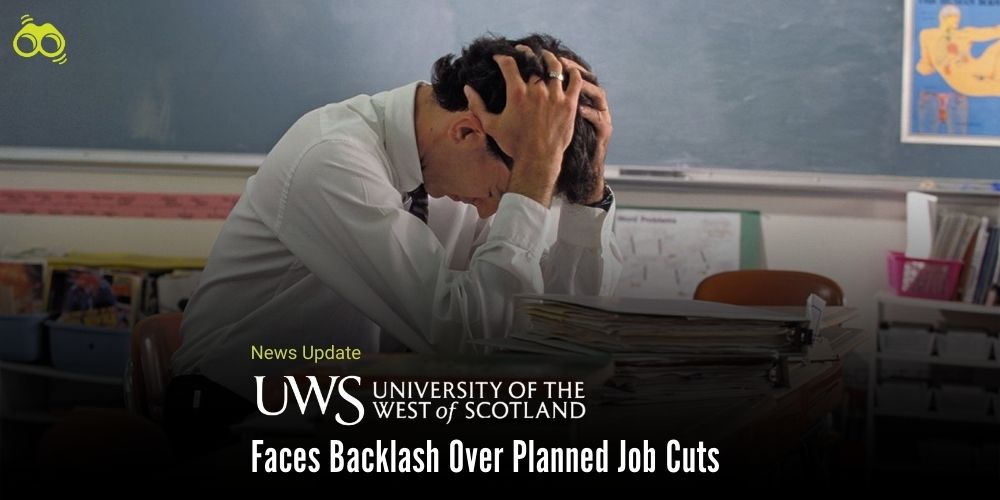Budget Deficit at UWS Sparks Controversy Over Job Cuts
UWS Staff and Unions Push Back Against Planned Redundancies
The University of the West of Scotland (UWS) is taking steps to address its financial challenges by introducing significant cost-saving measures. In response to mounting budgetary pressures, the institution has announced plans to cut the equivalent of 75 full-time positions, aiming to save £6.2 million. With approximately 2,000 staff across its campuses in Paisley, Ayr, Dumfries, Hamilton, and London, UWS has been struggling with financial difficulties. Having reported a £14.4 million deficit for the 2023/24 financial year, the university’s governing body has now approved a further £8.4 million deficit for the current year. These financial setbacks reflect the broader strain facing higher education institutions as they strive to balance economic sustainability with academic commitments.
In response to the proposed job cuts, unions had previously backed industrial action against the threat of compulsory redundancies. The EIS union, representing academic staff, has now indicated it will proceed towards a statutory ballot for strike action. Catherine Clarke, deputy branch secretary of EIS, stated that staff were highly dissatisfied with both the communication and handling of the situation. Moreover, unions collectively argued there was no financial justification for the proposed redundancies.
Despite this opposition, the university remains committed to its restructuring plans. A UWS spokesperson explained that the organisational changes aim to place the institution’s finances on a more sustainable footing while simultaneously enhancing the student experience and improving graduate outcomes. Like many higher education institutions across the UK, UWS has been grappling with an increasingly difficult financial climate. It attributes these challenges to external factors that have significantly affected both student numbers and funding levels.
The university has also confirmed that the consultation period regarding job cuts will last at least 45 working days. While specific roles have yet to be identified, it is understood that several part-time positions could be eliminated, potentially increasing the total number of job losses beyond the initial 75. University management remains hopeful that the institution will return to a financial surplus by the 2026/27 academic year. This situation highlights the ongoing financial pressures faced by universities and the difficult decisions required to ensure long-term stability.
Editor's Note:
The financial challenges facing the University of the West of Scotland reflect the broader difficulties confronting higher education institutions across the UK. With rising operational costs and shifting student demographics, universities are under increasing pressure to balance economic sustainability with their core mission of academic excellence. The proposed job cuts at UWS, while intended to stabilise finances, have understandably caused frustration among staff and unions, who argue that such measures could harm the institution’s long-term effectiveness and ability to support students. While financial constraints necessitate difficult decisions, universities must ensure that cost-saving measures do not undermine their academic integrity or student support systems. Striking the right balance between fiscal responsibility and educational quality is crucial.
As per Skoobuzz, UWS’s approach to these challenges will serve as an important case study in how institutions navigate financial pressures while maintaining their commitment to staff and students.














0 Comments (Please Login To Continue)